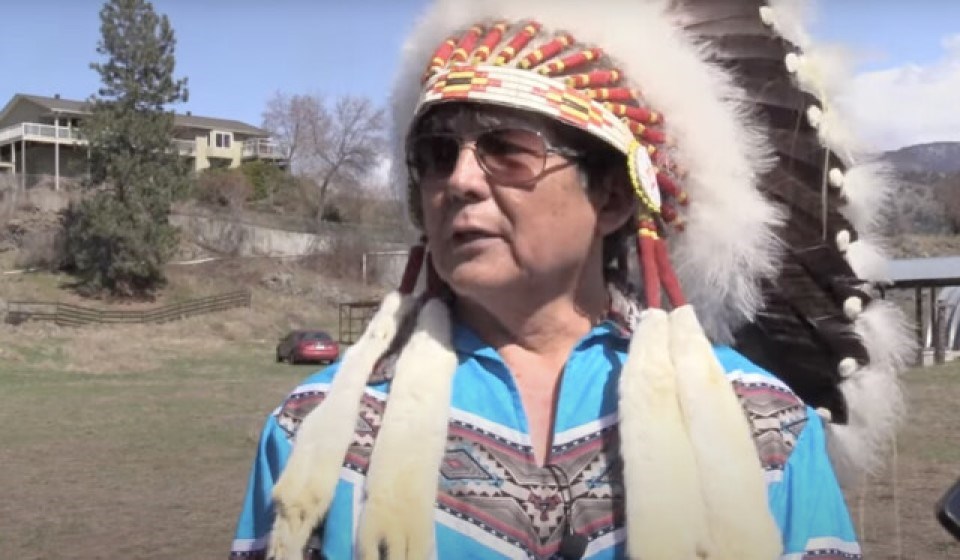Three B.C. Interior tribal councils are being cut into the Columbia River Treaty.
The provincial government announced Thursday the Ktunaxa, Secwépemc and Syilx Okanagan Nations will each receive five per cent of the revenue generated through the sale of Canada's share of downstream power benefits under the treaty. The proposed interim agreements will share the revenue over four years.
The Columbia River Treaty was ratified in 1964 by the U.S. and Canada to provide flood control and generate hydro power. Four dams were constructed under the treaty — three in Canada and one in the U.S.
The construction of those dams massively impacted First Nations through changes to river flow and ecosystem and cultural losses.
In the Okanagan, salmon stocks were devastated and it has been a decades-long project of the Okanagan Nation Alliance to restore them.
Okanagan Nation Alliance Tribal Chair Chief Clarence Louie called the interim revenue sharing agreement a “historic first step.”
“For far too long, we have been excluded from decisions that directly impact the Syilx Nation. These previous decisions lacked any form of consent and often left us with only devastating impacts,” he said.
“With this announcement, the provincial government has demonstrated a level of integrity to finally do the right thing.”
Louie said the ONA has been pushing the provincial government for involving in the new Columbia River Treaty, which is under negotiation.
“Alongside our First Nation neighbours in the Columbia River watershed — the Secwépemc Nation and Ktunaxa Nation — we are beginning a long journey of righting the historical wrongs of the past injustices with the Crown on decision-making, revenue sharing, ecosystems and Indigenous cultural values.”
The provincial government said negotiations will continue with the three tribal councils for a long-term agreement.
“When the Columbia River Treaty was developed, governments didn’t consult or co-operate with First Nations or any Columbia Basin residents – the very people whose lives, livelihoods and cultures would be affected for decades,” said Katrine Conroy, Minister of Finance and Minister Responsible for the Columbia River Treaty.
“Since 2018, Indigenous Nations with territory in the Columbia Basin have worked closely with Canada and B.C. to negotiate a modernized treaty with the U.S.; today, they are at last sharing in the benefits the treaty brings.”
The three tribal councils involved in the agreements represent local First Nations within their regions.


